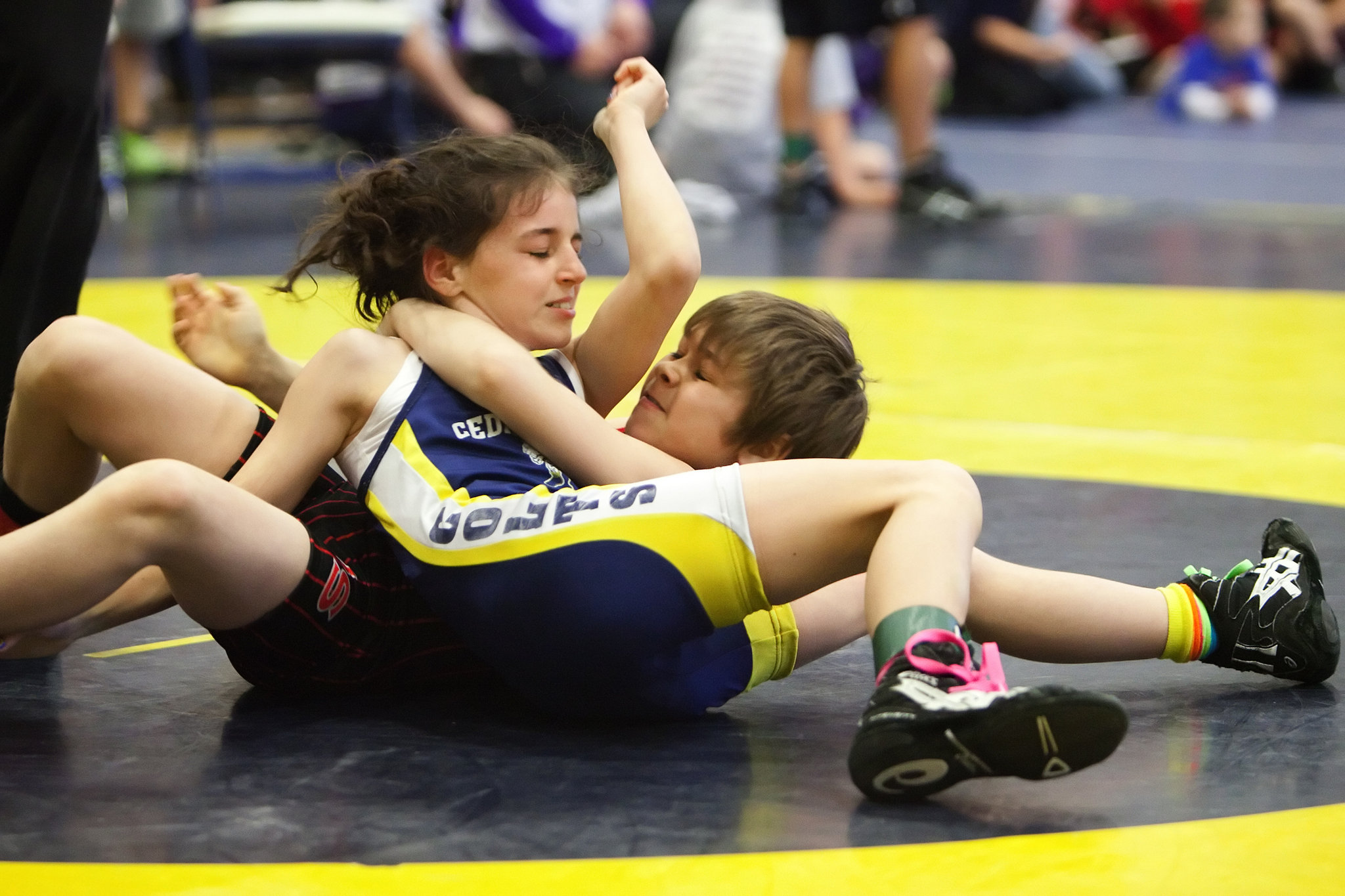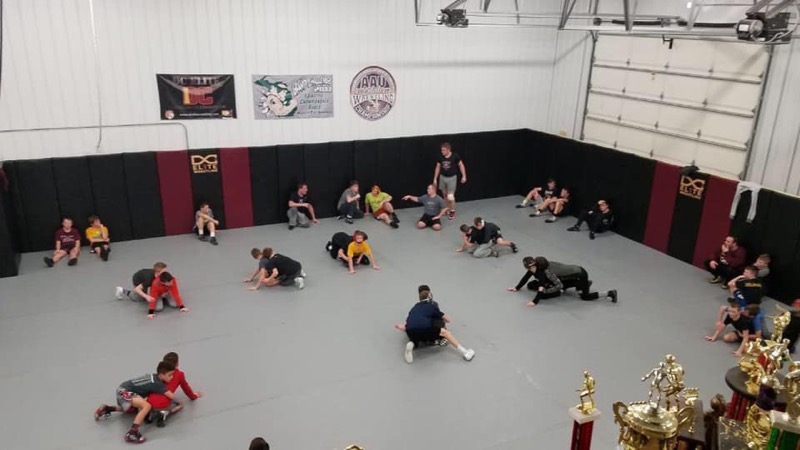Dan Gable, legendary coach and global icon of wrestling, limped from side to side at the front of the boardroom, meeting the eyes of most of my colleagues at our national sales meeting.
Hobbled by too many tough matches, synthetic hips and toting only a bible-looking book littered with tattered papers sticking out in all directions, Coach Gable shared stories with us about determination, persistence, overcoming failure and, even, about an odd, personal goal to pass out after each workout because, well, that’s how he knew that he’d given his all.
And, while I don’t remember details of the anecdotes Gable told us that day, I do vividly recall the intensity and passion with which his message was delivered.
Several years now removed, I hadn’t thought about Gable, or wrestling or passing out after a workout for awhile. That is, until I read two, seemingly disconnected news stories this week.
One story featured my home state holding its inaugural Girls State Wrestling Tournament. The other article was a criticism of the recent Gillette ad campaign attacking, “Toxic Masculinity.”
As I read about Iowa’s first Girls State Wrestling Tournament, I felt proud. I have two daughters and, in my opinion, they should be able to do anything a boy can. I’ll stop short, though, of saying that I’d like my girls to wrestle.
Just then, my attention turned to criticism levied at Gillette’s new ad – the one that uses the phrase “boys will be boys” as it depicts incidents of bullying.
Suddenly, in my mind, these stories were connected.
After all, my personal perception of my own high school’s wrestling room was, to steal a Little Rascal’s slogan, that of a full-fledged, He-man-woman-hating-boys-club. Wrestling practice, to me, was a place where toughness was demanded and vulnerability was not allowed.
Other than the slinky-tight singlets, wrestling was THE quintessential sport of traditional masculinity in my eyes – from the bulging biceps of the team’s champions, to the force on display while each punished their opponent during a match, to the bear-like roar of the winner after an emphatic pin.
That perception, or, at least my own perception of the sport, though, is changing. And, as usual, taking notice of other, more courageous parents who have encouraged their daughters to give wrestling a try has helped clear my previously-tainted lens.
It’s not only wrestling hot-beds like Iowa that are expanding the role of females, the growth of girls participating in wrestling nationwide is explosive. According to the National Wrestling Coaches Association, the number of female wrestlers in 2018 was 16,562 – up from a measly 804 in 1994.
As reported by the SFIA’s Topline Report for Wrestling published in 2018, female participants account for nearly 20% of all wrestlers nationwide.
But, the sport is exactly as it has been – so what has led to the increase in gender diversification?
Wrestling clubs are certainly welcoming new entrants – especially those from groups not previously targeted by incentive programs. And, while wrestling’s dwindling numbers in the early 2000’s may have contributed to a warmer welcome to new, female participants, it’s continued growth is no less impressive.
Wrestling parents that I speak with see noticeably more female participants in tournaments and in club wrestling rooms around the country. And, as girls see their friends succeeding on the mat, previously skeptical parents, like me, become more open to wrestling as an option if their daughters (and sons) have interest.
Theresa, a Wisconsin mother of three whose eldest daughter wrestles, is quick with a recruiting pitch, saying, “I absolutely love this sport for my kids. There are so many opportunities to demonstrate and test your quality of character. I don’t know how long my kids will wrestle for, but if they quit tomorrow, they are already better off after just 1 year.”
There is a great wrestling-related comeback story to tell here – no doubt.
Another story, though, is about fearless inclusion shaking stagnation – by institutions, by parents and for the benefit of all kids.
If the wrestling room can become a place where stereotypes of what it is to be traditionally masculine or feminine fade, other kid-based activities should, and could, follow.
This is particularly important to recreational opportunities that allow traditional gender roles to perpetuate – like football and dance class or even baseball or auto shop.
Maybe wrestling can teach us more than the important life skills that I heard Coach Dan Gable share many years ago. The sport’s female-led resurrection can serve as a model of inclusion that indirectly encourages my sons to try ballet and, simultaneously, directly teaches my daughter how to put me in a half nelson. Both, without fear of ridicule.
Wrestling, I think, has learned what other sports should – the “boys will be boys” mentality, and any kid-centric activities built upon it, will soon be competing against no one, in front of increasingly empty seats.



Tobi, What do you think of the commercial?
Meg,
I like the commercial and, more importantly, it gets people talking about the subtle things that our kids are hearing from us and via what the see and experience. I do not see the ad as an attack on masculinity.
Thanks for reading!